Maria Popova at The Marginalian:
 Unlike other naturalists, who had studied preserved specimens, Jeanne realized that she could only discover the true origin of the shell if she observed living creatures. To bypass the evolution-mounted obstacle of their extreme shyness, she designed and constructed one of the world’s first offshore research stations — a system of immense cages she anchored off the coast of Sicily, complete with observation windows through which she could study the argonauts undisturbed. Every day, she prepared food for them, rowed her boat to the cages in her long skirts, and knelt at the platform, observing for hours on end.
Unlike other naturalists, who had studied preserved specimens, Jeanne realized that she could only discover the true origin of the shell if she observed living creatures. To bypass the evolution-mounted obstacle of their extreme shyness, she designed and constructed one of the world’s first offshore research stations — a system of immense cages she anchored off the coast of Sicily, complete with observation windows through which she could study the argonauts undisturbed. Every day, she prepared food for them, rowed her boat to the cages in her long skirts, and knelt at the platform, observing for hours on end.
But long skirts and long hours in cold water make not for a felicitous scientist. And so, in order to transfer her observations and experiments ashore, Jeanne Villepreux-Power pioneered the aquarium.
more here.

 Carl Stalling’s scores didn’t just teach kids about Beethoven and Mozart and Wagner, they quoted vastly influential songs from his own lifetime that have now vanished down the memory hole, and that inclusion forces conversations about those songs. Parents may differ on whether that’s a good thing, but I think it is. I can avoid Speedy Gonzales, but other forms of bigotry sneak up on me. I don’t relish explaining to my son why he can occasionally catch me absent-mindedly whistling Stephen Foster’s “Shortnin’ Bread” but will never, ever hear me sing the lyrics. If we don’t talk about that, though, I risk letting the attitudes of the past seem incomprehensible and stupid to him, which weakens his resistance to their contemporary descendants. A full appreciation of old cartoons prevents us from reducing their authors to caricature. Stalling loved catchy, racist old minstrel tunes; he’s also single-handedly responsible for the preservation of terrific songs like Raymond Scott’s classic “
Carl Stalling’s scores didn’t just teach kids about Beethoven and Mozart and Wagner, they quoted vastly influential songs from his own lifetime that have now vanished down the memory hole, and that inclusion forces conversations about those songs. Parents may differ on whether that’s a good thing, but I think it is. I can avoid Speedy Gonzales, but other forms of bigotry sneak up on me. I don’t relish explaining to my son why he can occasionally catch me absent-mindedly whistling Stephen Foster’s “Shortnin’ Bread” but will never, ever hear me sing the lyrics. If we don’t talk about that, though, I risk letting the attitudes of the past seem incomprehensible and stupid to him, which weakens his resistance to their contemporary descendants. A full appreciation of old cartoons prevents us from reducing their authors to caricature. Stalling loved catchy, racist old minstrel tunes; he’s also single-handedly responsible for the preservation of terrific songs like Raymond Scott’s classic “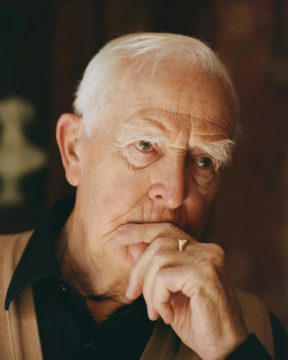 The summer I finished writing my dissertation, the C.I.A. tried to recruit me—as a spy. The call came in the middle of the afternoon, as I was working on a chapter about Tolstoy and midwifery. An older woman with an eerily friendly voice started going over what the training for a job in clandestine affairs would entail. I stifled a laugh. I didn’t know what was harder to believe: that anyone thought I could keep a secret or that a degree in Russian literature would qualify me to parachute out of a plane. Was I interested in learning more? O.K., I said, mostly out of nosiness, or at least that’s what I told myself. They would be in touch, she said.
The summer I finished writing my dissertation, the C.I.A. tried to recruit me—as a spy. The call came in the middle of the afternoon, as I was working on a chapter about Tolstoy and midwifery. An older woman with an eerily friendly voice started going over what the training for a job in clandestine affairs would entail. I stifled a laugh. I didn’t know what was harder to believe: that anyone thought I could keep a secret or that a degree in Russian literature would qualify me to parachute out of a plane. Was I interested in learning more? O.K., I said, mostly out of nosiness, or at least that’s what I told myself. They would be in touch, she said. A rapidly firing laser can divert lightning strikes, scientists have shown for the first time in real-world experiments
A rapidly firing laser can divert lightning strikes, scientists have shown for the first time in real-world experiments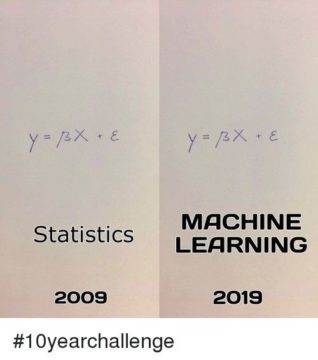
 Let’s get the humble-bragging out of the way first: I’ve always had a remarkable memory.
Let’s get the humble-bragging out of the way first: I’ve always had a remarkable memory. 

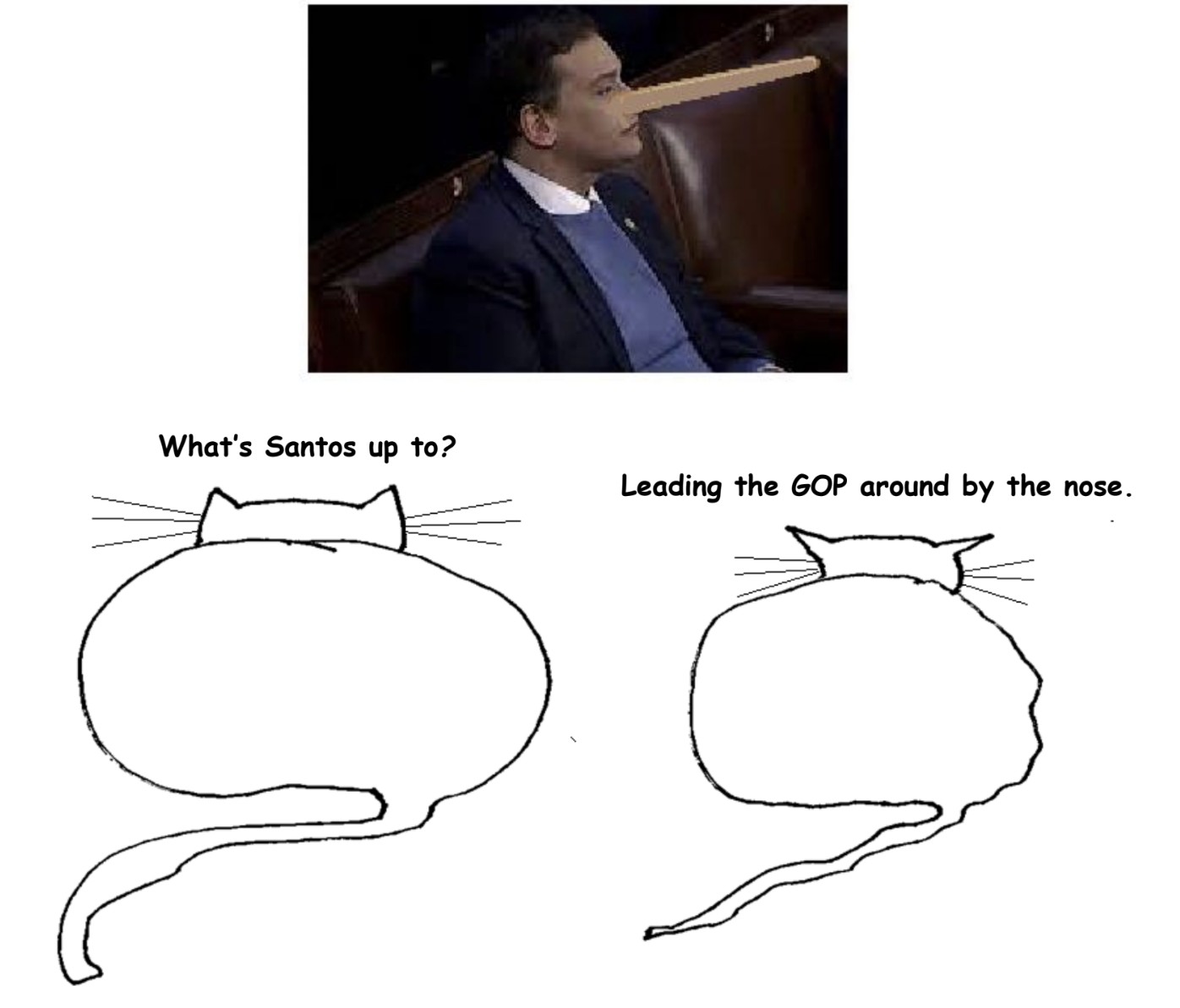
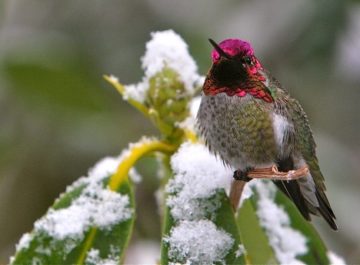




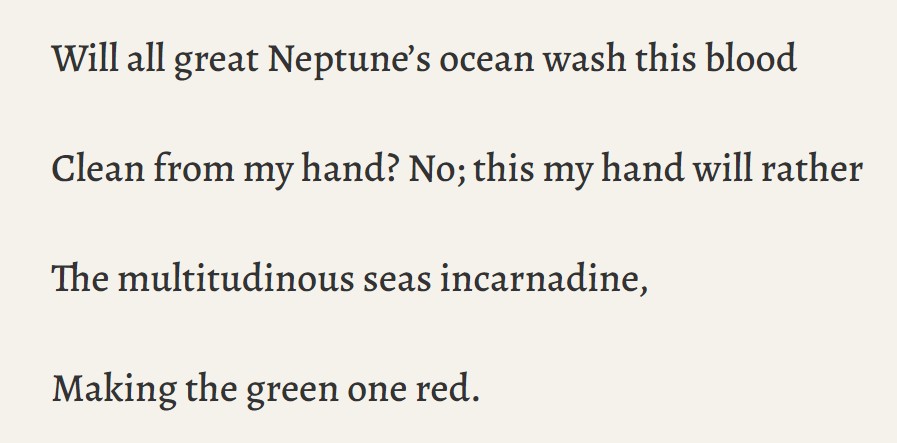 Every great national prose, in just about any tongue, reaches its high meridian only by way of a prolonged and constant negotiation of just this tension between beauty and sublimity—between the decorative and the august, or between the splendid and the lucid. And this comes only at the end of long epochs of development. To be able to balance expressiveness and reticence, or to know when to cast that balance away, requires tact and ingenuity and taste on the part of writers; but it also requires a language of sufficient maturity. This is why prose of any consequence invariably arrives far later in a culture’s history than does great poetry. Poetry entered the world almost as early as words did; it is the first flowering of language’s intrinsic magic—its powers of invocation and apostrophe, of making the absent present and the present mysterious, of opening one mind to another. It comes most naturally to languages in their first dawn, when something elemental—something somehow pre-linguistic and not quite conscious—is still audible in them. Prose, however, evolves only when that force has been subdued by centuries upon centuries of refinement, after unconscious enchantment has been largely mastered by conscious artistry, and when the language has acquired a vocabulary of sufficient richness and a syntax of sufficient subtlety, and has fully discovered its native cadences.
Every great national prose, in just about any tongue, reaches its high meridian only by way of a prolonged and constant negotiation of just this tension between beauty and sublimity—between the decorative and the august, or between the splendid and the lucid. And this comes only at the end of long epochs of development. To be able to balance expressiveness and reticence, or to know when to cast that balance away, requires tact and ingenuity and taste on the part of writers; but it also requires a language of sufficient maturity. This is why prose of any consequence invariably arrives far later in a culture’s history than does great poetry. Poetry entered the world almost as early as words did; it is the first flowering of language’s intrinsic magic—its powers of invocation and apostrophe, of making the absent present and the present mysterious, of opening one mind to another. It comes most naturally to languages in their first dawn, when something elemental—something somehow pre-linguistic and not quite conscious—is still audible in them. Prose, however, evolves only when that force has been subdued by centuries upon centuries of refinement, after unconscious enchantment has been largely mastered by conscious artistry, and when the language has acquired a vocabulary of sufficient richness and a syntax of sufficient subtlety, and has fully discovered its native cadences.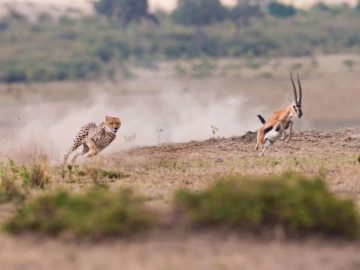 Escape behavior offers useful insight into the brain’s inner workings because it engages nervous system networks that originated in the early days of evolution. “From the moment there was life, there were species predating on each other and therefore strong evolutionary pressure for evolving behaviors to avoid predators,” says neuroscientist Tiago Branco of University College London.
Escape behavior offers useful insight into the brain’s inner workings because it engages nervous system networks that originated in the early days of evolution. “From the moment there was life, there were species predating on each other and therefore strong evolutionary pressure for evolving behaviors to avoid predators,” says neuroscientist Tiago Branco of University College London.